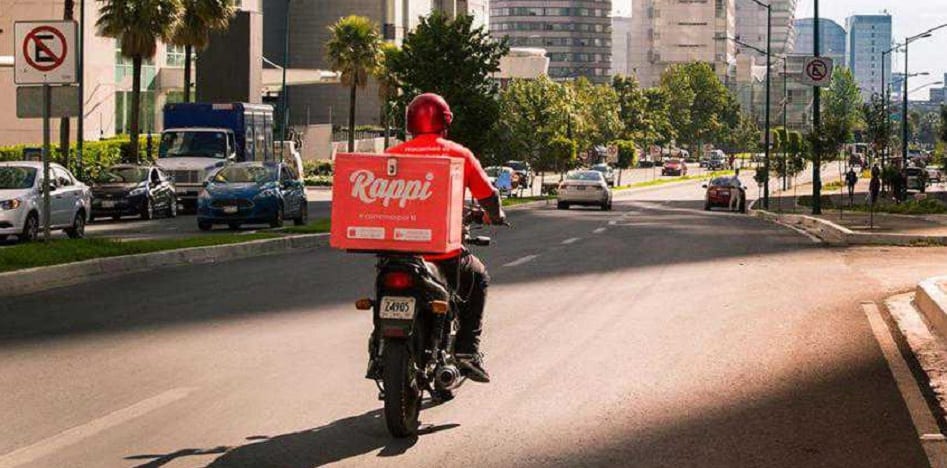When listening to US officials discuss Cuba, one is struck by the simultaneous discourse of expanding support for civil society using high technology while appearing to de-emphasize the role of political-opposition activists.
This policy is not unique to Cuba, and has been seen elsewhere, Egypt being a recent high-profile example. Furthermore, the emphasis on internet technology overlooks the role that companies such as Yahoo and Google have played in China to censor information and target dissidents for the dictatorship there in order to conduct business.
The United States in 2012 initiated Civil Society 2.0, which promotes blogging, texting, building a website, and operating in social networks as “capacity building.” However in countries such as Egypt and even more so in Cuba — where the vast majority of people do not have access to cell phones (only 15 percent out of 11 million), much less the internet (only 5 percent out of 11 million) — how does this initiative build up the capacity of civil society to mobilize democrats?
Prior to the uprising in Egypt in 2010, I sought to raise awareness of the plight of bloggers, activists, and journalists who had been arbitrarily detained. Then in late 2011 and early 2012, over the course of a month in Egypt, I observed the first and third rounds of parliamentary elections and got to meet with a variety of stakeholders: academics, human-rights defenders, bloggers, opposition political figures, revolutionaries in Tahrir Square, and the military. The picture that emerged was not the popular narrative circulating in the press at the time.
Activists on Twitter and bloggers were successful in generating attention internationally on what was taking place in Egypt, but in conversations with activists on the ground, the role of cell phones and Facebook were not as touted by outlets abroad. Egyptian state security monitored the cell phones and communications over social media, and such a pattern of espionage, utilizing high technology to target activists, is not unique to Egypt. Activists understanding this provided disinformation via these channels, while using low tech means to reach out and mobilize Egyptians that were not as susceptible to monitoring.
However, this was not the greatest oversight by policy makers with regards to activists on the ground; rather, it was the failure to provide training to democrats on how to mobilize effectively and conduct an effective political campaign.
This failure to work with the democratic political opposition in Egypt left a vacuum that was filled quickly by the well-financed Muslim Brotherhood and the Nour Party (an even more extreme Islamist party backed by Gulf Arab states) that dominated in the parliamentary elections. The Egyptian military stepped back and allowed the Muslim Brotherhood to rule in an increasingly undemocratic manner. Their alienation of vast sectors of Egyptian society led to another round of mass protests in June 2013, which ended in the restoration of military rule in a coup d’état and the outlawing of the Muslim Brotherhood.

Technology is neutral, and repressive regimes have contracted Western companies to place draconian controls on the internet to target activists. Amnesty International identified “Cisco Systems, Microsoft, Nortel Networks, Websense and Sun Microsystems” as having “provided technology which has been used to censor and control the use of the Internet in China.” Such repressive applications of new technologies have been transferred to other dictatorships.
Many experts, like the ones apparently working in the US State Department, argue the importance of supposed preconditions for a democratic uprising: a large middle class, internet penetration, or some minimum annual level of income.
However, Srdja Popovic, a cofounder and key figure in the Serbian resistance movement “Otpor!” disagrees. They toppled Slobodan Milosevic nonviolently in 2000, and he makes the case that the most important thing you can do is to build up the skills of activists, because they are the ones who make the change. Prevailing economic conditions are important to take into consideration when activists are formulating their strategy, but they do not define success.
The Obama administration’s Cuba policy that focuses on credits, micro-enterprises, travel, and internet will not lead to a democratic opening in Cuba, not in the short, medium, or long term. Instead, it will serve as a distraction that will prolong the life of the dictatorship in Cuba and the Castro regime’s power and influence abroad.
At the same time, democratic-opposition leaders who are a threat to the dictatorship will continue to be targeted and eliminated. When the day arrives and the Castro regime enters an existential crisis, the lack of support for political-opposition activists will guarantee the failure of the stated policy goal of the United States: a nonviolent transition to democracy.
Furthermore, If democratic US leaders continue the example set by House Minority Leader Nancy Pelosi — who led a Congressional delegation last month and met with high-level officials of the dictatorship, but did not meet with Cuban democrats or human-rights defenders — then they will be undermining democrats and legitimizing autocrats. As was the case in Egypt, under-trained democrats with few resources will be no match for the anti-democratic, authoritarian, or totalitarian alternatives that present themselves with the backing of outside powers such as Russia or China that have strategic interests in Cuba.
Needless to say, that will not serve the just interests of the United States, nor of any other democracies in the region.
Edited by Fergus Hodgson.
 Versión Español
Versión Español













